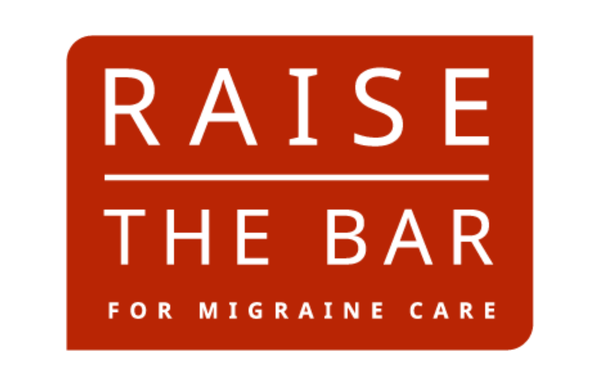
Did you know that migraines could be a progressive disease?
Apparently, many of the estimated over 40 million Americans who suffer from the condition don’t know that either. Without evolving care, the disease's "severity and impact on quality of life
may be inevitable" for patients, according to Lundbeck, a pharma firm focused on brain health.
To get that point across and improve patients' quality of life, Lundbeck has
teamed with six advocacy organizations to “Raise the Bar for Migraine Care.”
“Continued stigma exists with migraine, and people are settling for suboptimal care and
results,” Molly Poarch, Lundbeck’s vice president, corporate affairs, explains to Marketing Daily.
"Migraine is the most stigmatized chronic medical condition, and is often
perceived as a personal weakness rather than a serious neurological disease," according to the website Migraine Meanderings.
advertisement
advertisement
Lundbeck, which launched a migraine preventative
treatment called Vyepti five years ago and has other migraine products in its pipeline, funded recent research by the Association of Migraine Disorders (AMD), which found 49% of 467 respondents saying
their preventative migraine treatment is “somewhat or not at all” helping to reduce the frequency, severity, or disability of their migraine attacks.
The unbranded
“Raise the Bar for Migraine Care” initiative features a
website, which provides links to resources such as patient stories and to a Migraine Empowerment Guide, the latter with direct links
to further resources from the six partner groups. In addition to AMD, these include the American Migraine Foundation, Coalition for Headache and Migraine Patients, Miles for Migraine, National
Headache Foundation, and World Health Education Foundation’s Migraine World Summit.
“We saw this an opportunity to pull together some of the top resources that the groups already
have on hand,” Poarch says, “so this becomes more of a curated resource library that connects people with information that’s vetted -- and from trusted resources.”
“Helping people navigate all the information that exists around migraine is a challenge,” she adds. “There’s so much misinformation.”
Outreach for “Raise
the Bar for Migraine Care” is being done largely through social media from Lundbeck and the six advocacy groups.
The audience includes both migraine patients and the healthcare
professionals who treat them, Poarch says, “but the most important thing is reaching the person who is still struggling and doesn’t know that better is possible – the person whose
disease continues to worsen and whose daily life gets more and more impacted in detrimental ways. We want to help them redefine and reset their expectations.
“We’re so pleased to
have brought together so many of the leading partners in this space,” Poarch concludes. “At the end of the day, it’s about really moving the needle for patients -- helping them
understand that they can have a better quality of life.”